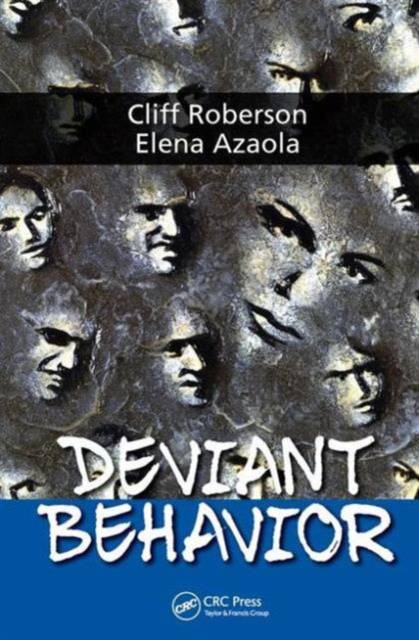
- Afhalen na 1 uur in een winkel met voorraad
- Gratis thuislevering in België vanaf € 30
- Ruim aanbod met 7 miljoen producten
- Afhalen na 1 uur in een winkel met voorraad
- Gratis thuislevering in België vanaf € 30
- Ruim aanbod met 7 miljoen producten
Omschrijving
Deviant behavior is not a subject that you study in school and then file away. It is a study of life and is ever changing. Defining the concept of deviant behavior is one of the most difficult tasks to overcome when studying the subject. Sociologists probably disagree more over the meaning of deviant behavior than any other subject. Deviant Behavior is an easy-to-read text that defines and explains the concepts and issues involved in the study of deviant behavior.
The book begins by exploring the nature and definition of deviance. It discusses why certain conduct is labeled as deviant and some is not. It examines the two major perspectives on what constitutes deviance--positivism and constructionism. It goes on to look at the various theoretical explanations for deviant behavior, including free will or lack thereof, rational choice, social control, cultural transmission, strain theories, and biological and psychological explanations.
The book provides an in-depth explanation of the many categories of deviant behavior--interpersonal violence, self-destructive behavior, family violence, business and organized crime, governmental deviance, cybercrimes, and human trafficking and commercial sex. The authors take an international approach and emphasize that what is deviant in one culture may not be deviant in another. To aid understanding, each chapter concludes with a detailed summary, review questions, and definitions of the relevant key terms.
Specificaties
Betrokkenen
- Auteur(s):
- Uitgeverij:
Inhoud
- Aantal bladzijden:
- 368
- Taal:
- Engels
Eigenschappen
- Productcode (EAN):
- 9781482298833
- Verschijningsdatum:
- 17/04/2015
- Uitvoering:
- Hardcover
- Formaat:
- Genaaid
- Afmetingen:
- 156 mm x 233 mm
- Gewicht:
- 792 g

Alleen bij Standaard Boekhandel
Beoordelingen
We publiceren alleen reviews die voldoen aan de voorwaarden voor reviews. Bekijk onze voorwaarden voor reviews.











